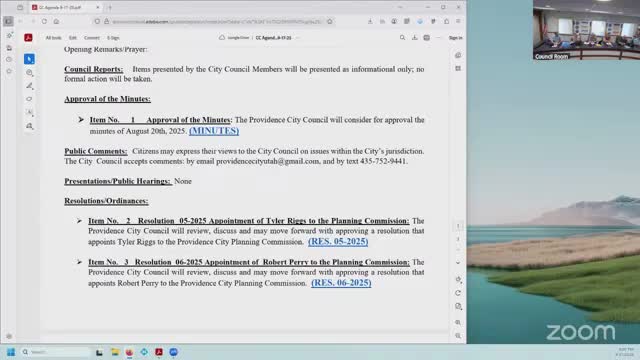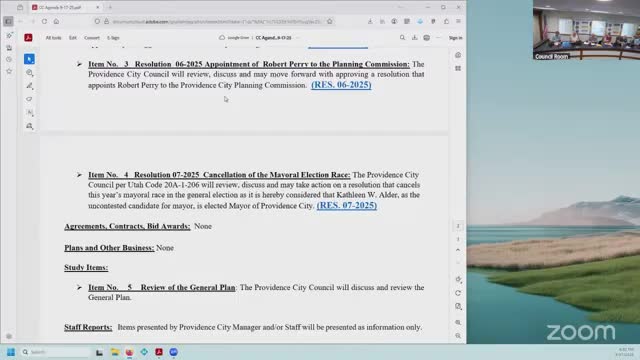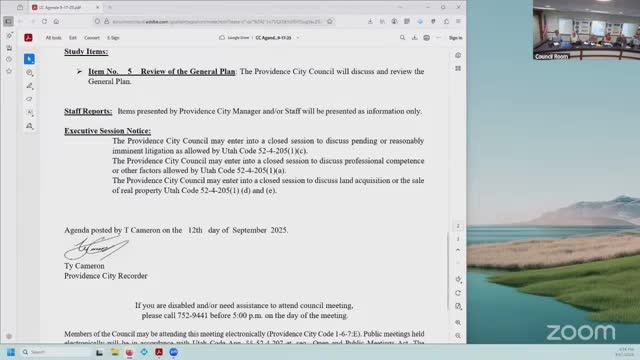Article not found
This article is no longer available. But don't worry—we've gathered other articles that discuss the same topic.

Providence leaders warn state's new fire-assessment, water-fee rules will increase local bills

Votes at a glance: council approves minutes, appoints planning commissioner, cancels uncontested mayoral race

